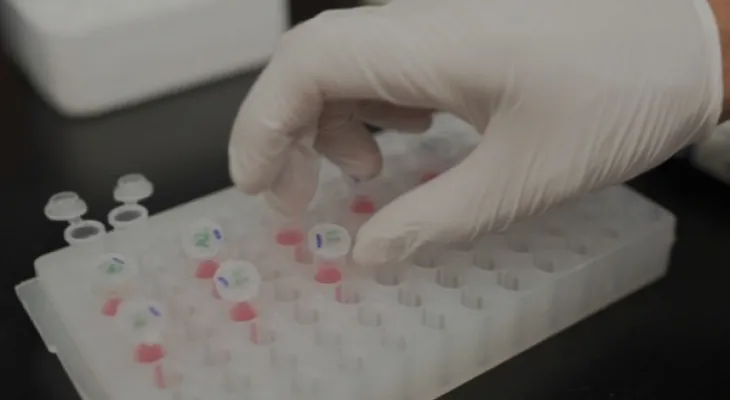Search here
Newspaper
Search here

Arab Canada News
News

Published: September 28, 2022
Shares of Biogen and other drug companies researching Alzheimer's disease rose early Wednesday after Japanese company Eisai said its potential treatment appears to slow the deadly disease in a late-stage study. The drugmaker said early results showed its treatment, lecanemab, reduced patients' clinical decline by 27% compared to a placebo.
Eisai also announced results from a global late-stage study Tuesday involving nearly 1,800 people with early-stage Alzheimer's, where patients were monitored using a scale measuring mental deterioration and their ability to perform daily activities such as dressing or feeding themselves. The company said it will discuss the full research findings at a conference in late November and plans to publish the results in a medical journal.
Additionally, the company is already seeking fast approval from the U.S. Food and Drug Administration, with the agency expected to make a decision by early next year. Eisai and Biogen will jointly promote the drug. However, researchers usually urge caution in evaluating the study until the full results are released.
In the same context, Greg Sufanavig, an analyst at Mizuho Securities, said in a research note that the preliminary results look "very strong" and are likely to support regulatory approval. A statement from the Alzheimer's Association described the results as the most encouraging so far for potential treatments addressing the underlying causes of the disease. About 6 million people in the United States and many more worldwide suffer from Alzheimer's, which gradually attacks brain areas necessary for memory, thinking, communication, and basic daily tasks. There is no known cure for Alzheimer's; long-term treatments on the market only manage symptoms, and researchers do not fully understand the causes of the disease.
Last year, Biogen's Aduhelm became the first new Alzheimer's drug introduced in nearly two decades. However, it largely failed after its initial $56,000 annual price, which Biogen later reduced, and doctors hesitated to prescribe it due to weak evidence that the drug slows Alzheimer's progression. Insurance companies limited or denied coverage over concerns about the drug's high price and uncertain benefits. Earlier this year, the federal Medicare program imposed strict restrictions on who could receive the drug, effectively eliminating most of its potential U.S. market.
Like Aduhelm, lecanemab, developed by Eisai, aims to remove a protein called beta-amyloid from the brain, where the protein forms plaques believed by researchers to contribute to Alzheimer's. They also point to other potential factors such as family history and chronic conditions like diabetes. Eisai executives say lecanemab focuses more
Comments